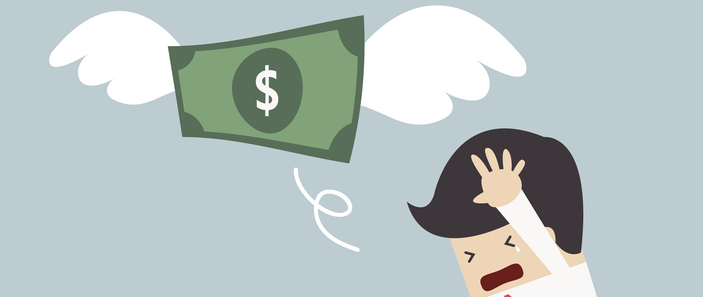Credit Card Losses on the Rise
The Big Picture:
- Credit card losses are growing super fast, the quickest since the big money troubles of 2008.
- Ryan Nash, a smart person who studies this stuff, thinks these losses will keep going up until 2024 or maybe 2025.
- What’s strange is these losses are happening even when the economy isn’t in a bad shape. This kind of situation has only popped up twice in 30 years.
- At the moment, 3.63% of credit card money isn’t getting paid back, and it’s expected to almost touch 5% soon.
- Two big companies, Capital One Financial and Discover Financial Services, might face the biggest problems.
- Also, did you know? Americans owe a whopping $1 trillion on their credit cards!
What’s Causing These Losses?
Several reasons might be causing this situation:
- The Up and Down Pattern: After many people borrow money on credit cards, there’s a time when they either return the money or can’t. This happens in cycles.
- Outside Factors: Things like people not having jobs, prices going up, and changes in how much money people earn can make it tough for them to pay back.
- Company Rules: How credit card companies decide who gets a card and other decisions can also cause these losses.
History’s Patterns: The Normalization Cycle
This fancy term, “normalization cycle,” is just a way to say that credit card money losses sometimes go up and sometimes go down. They follow a pattern based on the economy, people’s habits, and company choices.
Looking at the past, experts see that the same kind of thing happened in the late 1990s and between 2015 to 2019. These were times when more people didn’t pay back after borrowing a lot. This current cycle is different because usually, such ups and downs happen when the economy is not doing good.
Why Should We Care?
- For Companies: They might need to change their rules or plans to handle these losses better.
- For Regular People: They might see higher costs, get a lower borrowing limit, and might find it tougher to clear their debts.
Both groups should be aware and prepared. History often repeats itself, and by understanding the past, we can be ready for the future.





